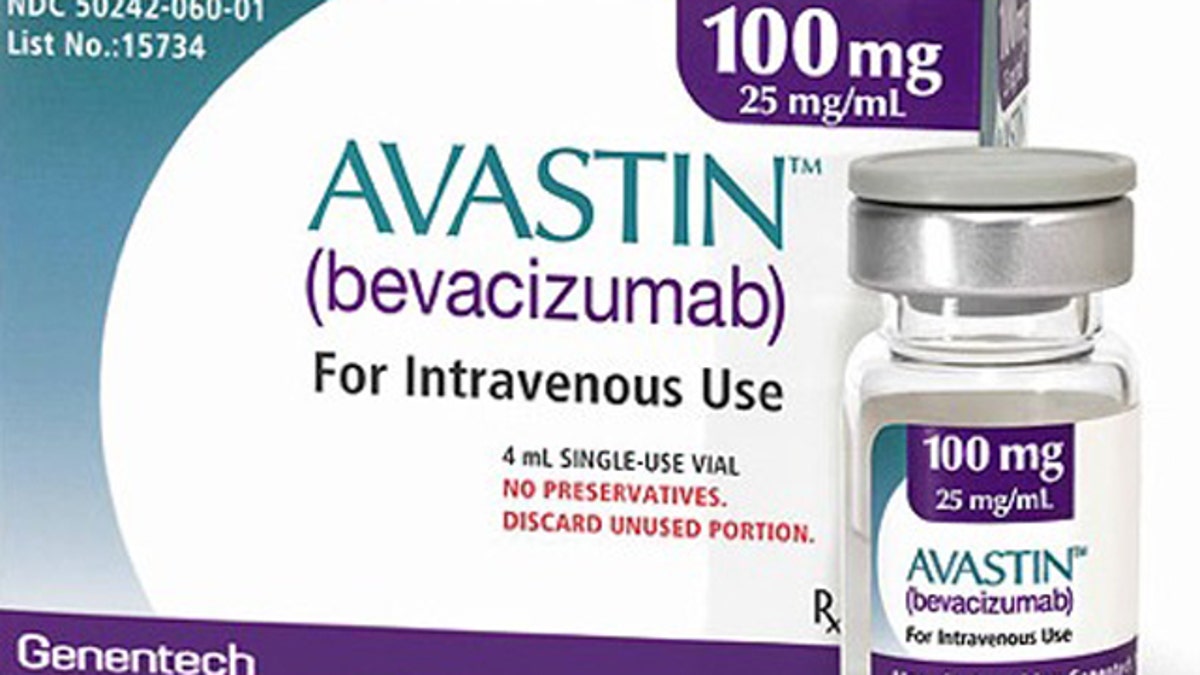
WASHINGTON – The Susan G. Komen for the Cure organization, one of the largest breast-cancer patient-advocacy groups, said it isn't promoting the use of the drug Avastin for women who haven't previously taken it, in the wake of questions raised by the U.S. Food and Drug Administration about Avastin's efficacy in advanced breast cancer.
"We are not really pushing for new patients to go on the medication," said Elizabeth Thompson, president of the Komen group, during an interview.
The FDA said in December that it wants to revoke Avastin's approval for breast cancer.
Avastin's maker, Roche Holding AG unit Genentech, has protested the decision. It says the drug remains a valuable option for some women with the disease. Avastin will remain on the market and retains its FDA approval for other cancers, including those of the colon and lung.
The Komen science-advisory board and other breast-cancer specialists have reviewed the data and FDA analysis in detail, and discussed the issue at the annual breast-cancer symposium held in San Antonio in December, Ms. Thompson said. "We've spent a lot of time on the Avastin issue," she said.
In addition, Komen representatives spent time last fall with the FDA, discussing Avastin in closed meetings and hearing the agency's concerns, Ms. Thompson said. "The decision was very hard on the FDA," she said.
Komen for the Cure has played an influential role in Washington lobbying for greater access to breast-cancer prevention services and treatment. The organization will continue to push for affordable access to Avastin for patients already on the drug, Ms. Thompson said. Nancy Brinker, Komen's founder and chief executive, also said the group's focus is affordable access now.
"We have not changed our position there," Ms. Thompson said. Many women say that Avastin saved their lives when other chemotherapies didn't stop tumors from spreading, and a number of doctors agree with them.
"We will do everything we can to get insurers to keep covering this, and get Genentech to provide access, and expand, if necessary, its patient-access program," which limits its cost for those with lower incomes, Ms. Thompson said.
A spokeswoman for Genentech said the company has talked with Komen and other patient groups. Genentech is studying whether the patient-access program can continue for breast-cancer patients even if breast cancer is dropped from the label. "Regardless of the outcome, we will do what we can within the regulations to help the women who need the medicine," she said.
"We have spent a lot of time with Genentech on the need for a scientific and predictive test" that helps identify breast-cancer patients who might benefit more from Avastin, Ms. Thompson said. "Some women have benefited, but we don't have a test yet for which women it benefits."
As part of its appeal to the FDA, Genentech is proposing a new study on Avastin and breast cancer that will have a so-called biomarker component aimed at identifying people who might derive a greater benefit from the drug.
The risks of side effects such as hemorrhaging and intestinal perforations are too high to justify Avastin's approval for breast-cancer treatment, FDA officials said in December in announcing the agency's plans to revoke the approval. If breast cancer is removed from the Avastin label, doctors could still prescribe the drug "off label" to women with the disease.
